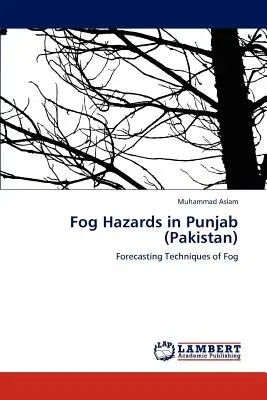Muhammad Aslam
(Author)Fog Hazards in Punjab (Pakistan)Paperback, 7 September 2012

Qty
1
Turbo
Ships in 2 - 3 days
In Stock
Free Delivery
Cash on Delivery
15 Days
Free Returns
Secure Checkout
Print Length
120 pages
Language
English
Publisher
LAP Lambert Academic Publishing
Date Published
7 Sep 2012
ISBN-10
3659209937
ISBN-13
9783659209932
Description
Product Details
Author:
Book Format:
Paperback
Country of Origin:
US
Date Published:
7 September 2012
Dimensions:
22.86 x
15.24 x
0.71 cm
ISBN-10:
3659209937
ISBN-13:
9783659209932
Language:
English
Location:
Saarbrucken
Pages:
120
Publisher:
Weight:
185.97 gm

